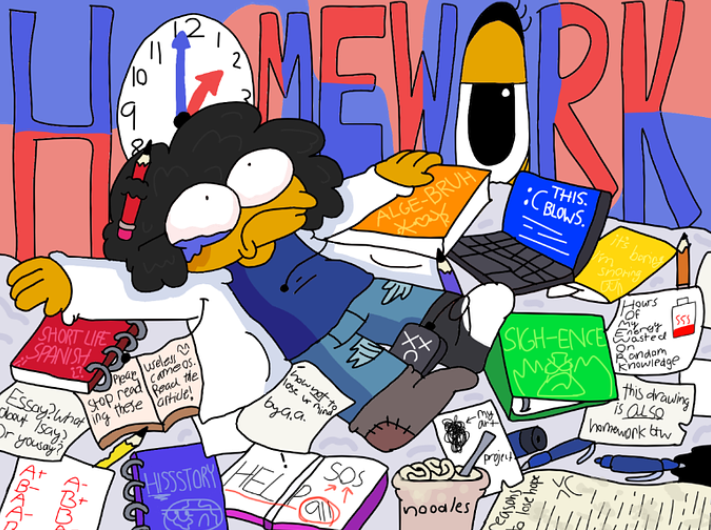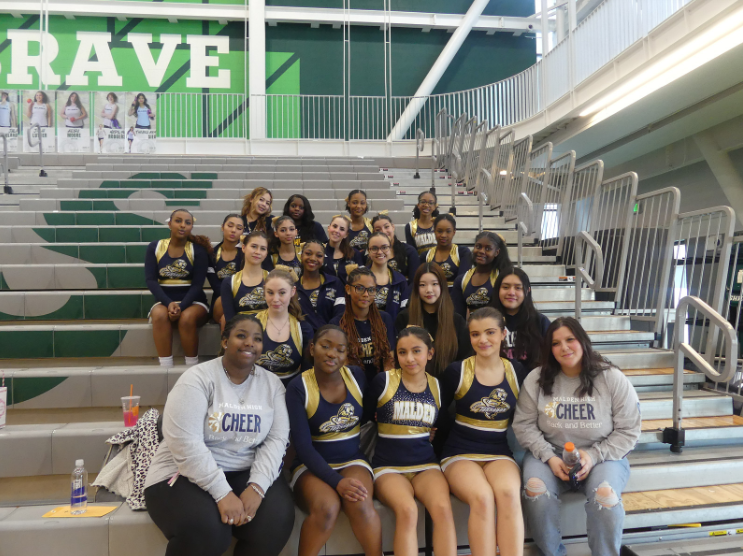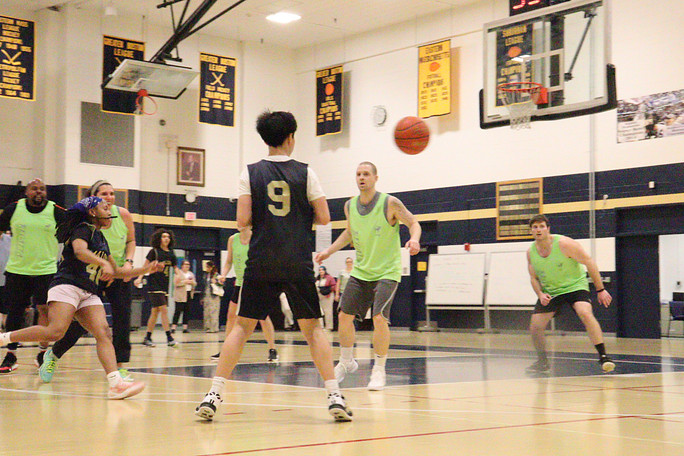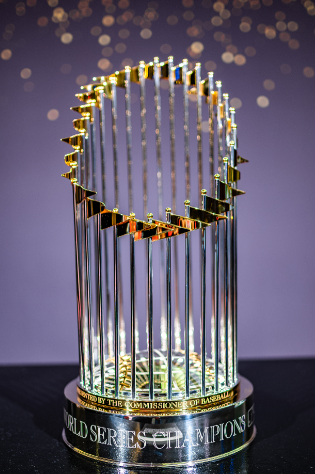
On the first night of November, the Texas Rangers claimed their first-ever World Series title, winning four of five games to prevail over the Arizona Diamondbacks. Just two years ago, this matchup could not have happened.
In the 2022 season, Major League Baseball adopted a new postseason format that expanded the total from ten to twelve teams, with six from each league. Adding a third wild-card team on top of the three division winners created the Wild-Card Series, rather than just the Wild-Card game of the old format. The 2023 Diamondbacks were the sixth seed in the National League, meaning that they would not have qualified for the postseason under old rules.
Since the first World Series in 1903, the MLB has undergone several postseason changes, all being expansions. From 1903 until 1968, only the top team in the American League (AL) and National League (NL) qualified for the postseason, meaning that the World Series was the only round. In 1969, an extra team was added for each league, making an AL Championship Series and an NL Championship Series to precede the final.
In 1994, with the creation of three divisions per league, four teams were accepted from each league creating the AL/NL Division Series, with the three division winners and one extra wild-card spot for the next best record. In 2012, a second wild-card spot was added, making a one-game wild-card playoff for the right to move on to the Division Series. Finally, in 2022, a third wild-card spot was added, giving the top two division winners a bye while the three wild cards and last division winner battled in the aforementioned three-game Wild-Card Series.
So, over time, the Major League Baseball postseason has gone from two teams to four, eight, ten, and now twelve. Having more playoff teams is a great business decision for the league because it results in more playoff games, more excitement toward the end of the season, and a longer season overall. However, it has decreased the value of regular season success because good teams can find themselves in the playoffs alongside the great teams.
Theoretically, the expansion of the postseason should not harm the better teams because they should easily take down teams that are worse than them. But, in a sport like baseball where momentum, rhythm, and even luck have a significant impact on the outcome, it does not always work this way.
The new postseason format as of 2022 has created a level of parity across the league that has never been seen before. In that 2022 postseason, the sixth-seeded 87-75 Philadelphia Phillies caught fire at the right time. They swept the 93-69 St. Louis Cardinals in the Wild-Card Series, took a 3-1 victory over the 101-61 Atlanta Braves, and a 4-1 victory over the fifth-seeded 89-73 San Diego Padres — which may not sound impressive, but keep in mind that those Padres defeated the 111-51 Los Angeles Dodgers, one of the best teams in league history, 3-1 in the NLDS — en route to the World Series.
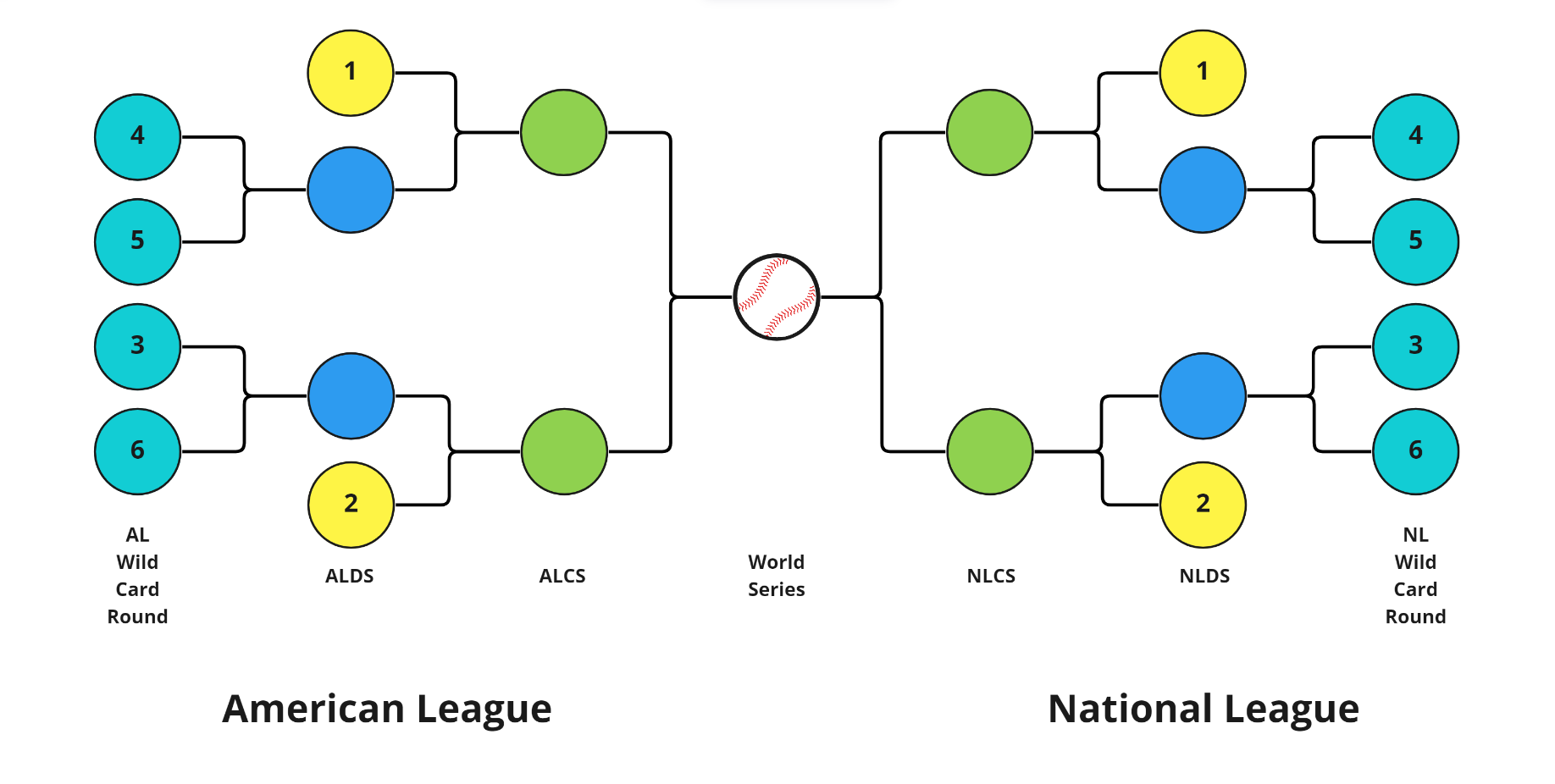
While the Phillies would not take the championship home, a similar story would occur one year later. Those Arizona Diamondbacks that just lost in the World Series were actually the sixth-seeded team in the NL. They swept the third-seeded 92-70 Milwaukee Brewers, the second-seeded 100-62 Dodgers, and beat the fourth-seeded Phillies, who beat the MLB-best Braves in the NLDS, in seven games. In the two years under this format, the sixth seed has now made it to the World Series twice. On top of this, the three best teams in MLB, the Baltimore Orioles, Braves, and Dodgers, all lost in the Division Series to wild-card teams. The three best teams in the Majors did not even come within a round of the World Series.
Why? Well, baseball is an interesting game. As previously mentioned, rhythm and momentum are extremely important. When this new format was implemented, it became the first one to ever give the top teams an extended break from play since the Wild Card series had never been longer than a day or two. Now, the best seed in the league gets five days off, which might just be enough to throw off the rhythm of the hitting crew. In the meantime, those wild-card teams continue right through with game action and have that rhythm to beat the better teams.
Still, the format has an extremely small sample size. After ten years, this article can be revisited and we can either laugh at the claims or agree that this analysis was correct. But, as of right now, the 84-78 Diamondbacks should not be representing the National League when a third of their league had a better regular season record than them.
Has parity in Major League Baseball gone too far? Everyone can think about it differently. Some might believe that the better teams need to come alive when it matters most, while some think that teams who played a better season overall should have a better chance to win; the best teams are no longer being rewarded in the way that they should be. Regardless, worse teams are shutting down the top seeds in the playoffs, and that may be something to look into in the future.


